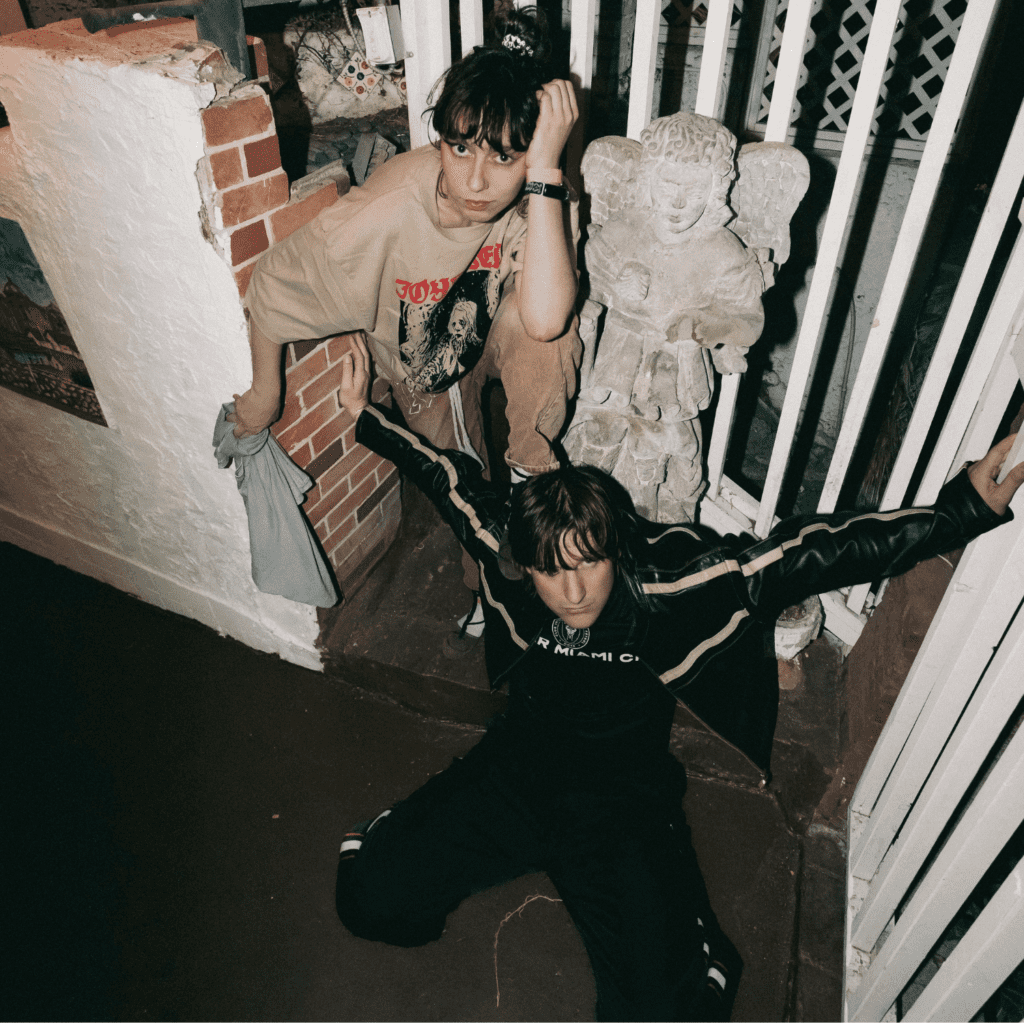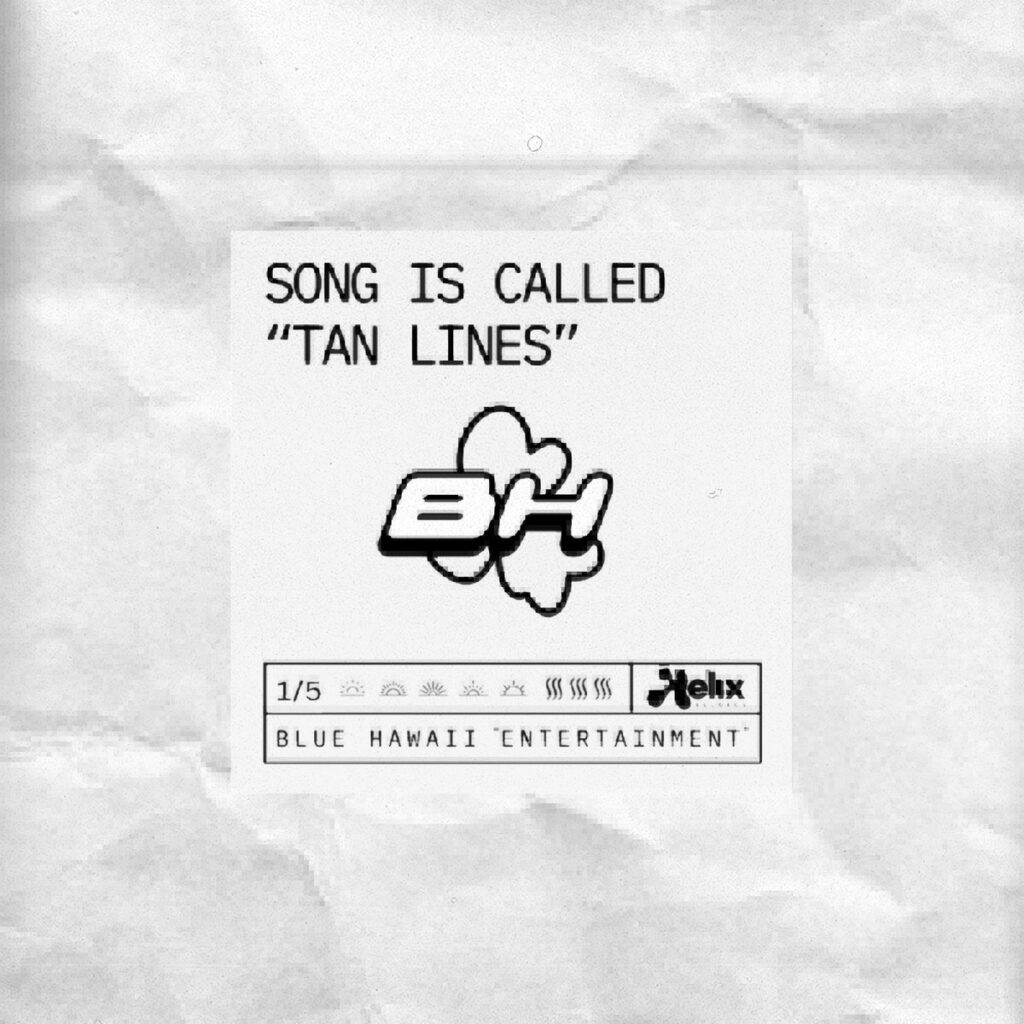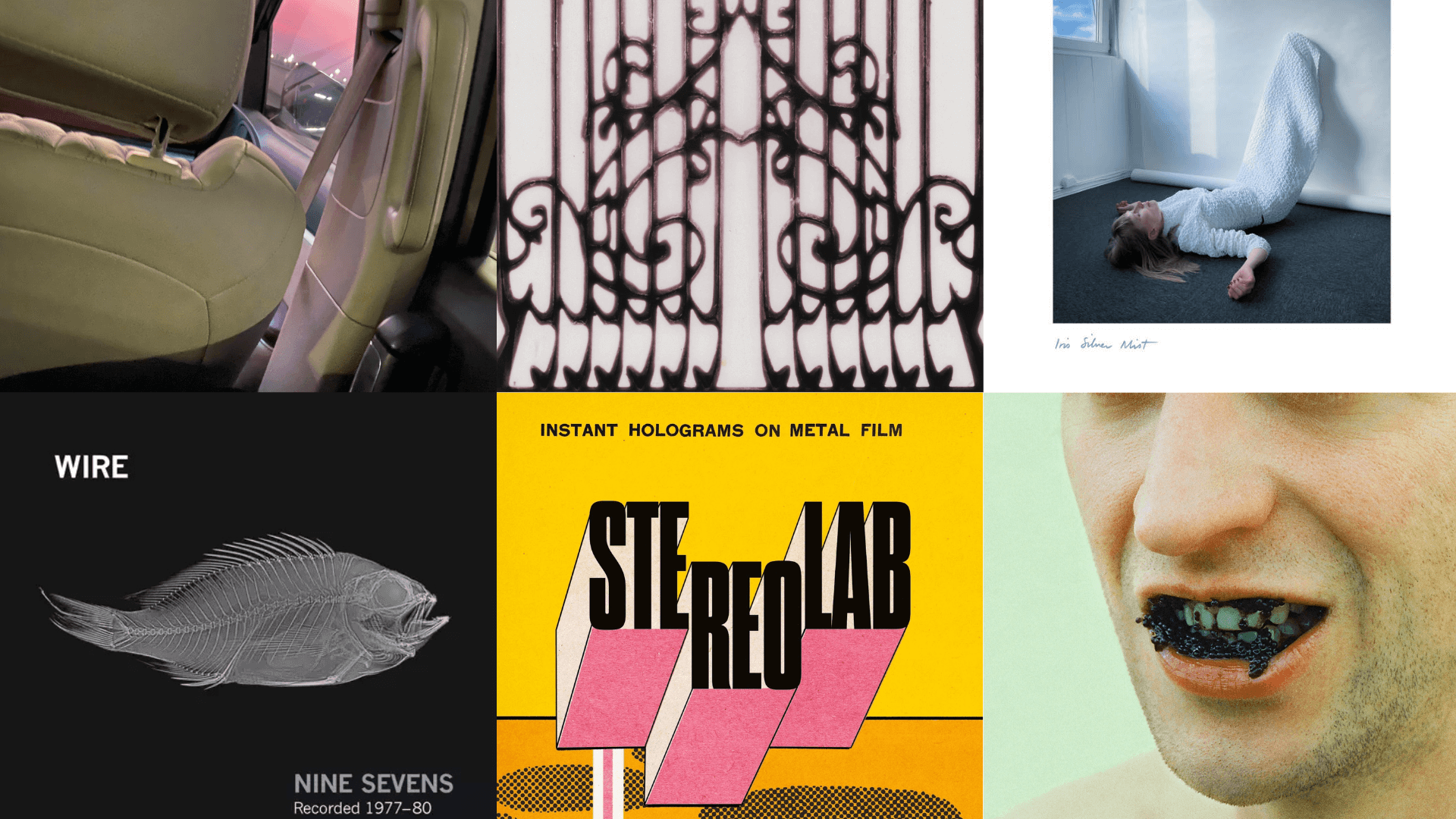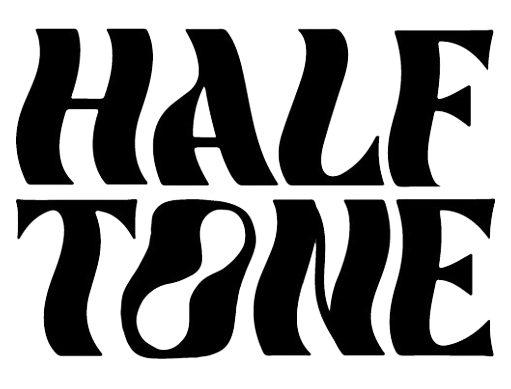
Interview with Blue Hawaii – the Canadian electronic music duo
Table of Contents
Interview With Blue Hawaii: Electronic Duo Talks Trance Influences, AI in Music, and Tourings

Electronic duo Blue Hawaii has spent over a decade blending dreamy synth-pop with deep house and experimental club music. The duo, made up of Raphaelle “Ra” Standell-Preston (also of Braids) and Alex “Agor” Cowan, has continuously evolved their sound, shifting from lo-fi bedroom pop to high-energy dancefloor anthems.
In this interview with Blue Hawaii, they discuss their latest release, Diamond Shovel, the influence of early 2000s trance, and the realities of being independent artists today.
Who Are Blue Hawaii?
Formed in 2010, Blue Hawaii first gained attention for their introspective and minimalist approach to electronic music. Their debut album, Untogether (2012), showcased delicate production and emotionally raw songwriting. Over the years, their sound has expanded to incorporate elements of house, techno, and R&B.
Their second album, Tenderness (2017), marked a shift toward more dance-oriented tracks while retaining their signature atmospheric style. With Open Reduction Internal Fixation (2019) and Under 1 House (2020), they explored underground club sounds, further establishing themselves as versatile producers.
Evolving Sound and Influences
Throughout their career, Blue Hawaii has merged ethereal melodies with club-ready beats. Standell-Preston’s airy vocals contrast with Cowan’s intricate production, creating a sound that feels both intimate and expansive.
Their music draws inspiration from a range of electronic genres, including:
- Deep house, evident in groove-heavy basslines and hypnotic rhythms.
- Euro trance, reflected in euphoric synth melodies and fast tempos.
- Minimal techno, influencing their stripped-down, club-friendly production.
In this interview with Blue Hawaii, the duo reflects on their creative process, how their sound has changed over the years, and the musical inspirations behind their latest work.
Blue Hawaii’s Impact on Electronic Music
Working between Montreal and Berlin, Blue Hawaii has navigated both the creative and financial challenges of being independent artists. A real ability to evolve while staying true to their roots has solidified their relevance.
This interview with Blue Hawaii explores their thoughts on the future of the industry, the role of AI in music production, and their advice for emerging artists.
In the full interview with Blue Hawaii, they discuss:
- The influence of early 2000s trance on Diamond Shovel.
- How their songwriting and production process has evolved.
- The biggest challenges facing independent artists.
- Their stance on AI in electronic music.
- Upcoming projects, collaborations, and tour plans.
Have a scroll as Blue Hawaii shares their thoughts on the electronic music landscape and what’s next for them!
To continue supporting the group follow them on Bandcamp and check out Arbutus Records.

Euro Trance and Current Inspirations
Your latest release, “Diamond Shovel”, has echoes of early 2000s Euro trane. Was that an intentional influence, or are we imagining things? What kind of electronic music has been inspiring you lately?
“Not imagining things at all—you’re spot on! That era of Euro trance has a nostalgic charm with its uplifting melodies and driving energy. It wasn’t something we intentionally set out to replicate, but it naturally seeped into the record,” they said. “We really wanted strong melodies at fast tempos.”
As for current inspirations, they’re exploring a range of sounds. “We’ve been listening to a mix of ambient, downtempo, house, and techno. Also, I love Doja Cat—Scarlet 2: Claude is incredible. We listen to a lot of rap, and I can feel its influence in my vocal rhythms and in the big production shifts we’re making on our next body of work. We don’t try to force a specific sound; we just let the music decide what it wants to be.”
Twelve Years After Untogether
It’s been 12 years since Untogether. How has your creative process evolved?
“We’re more in tune with what resonates with us personally now,” they said. “Over time, we’ve come back to the original reason we started making music—experimenting and having fun. When music becomes your profession, there’s so much pressure to follow trends, partner with brands, and be an online product. But honestly, none of that really matters. What matters is enjoying the process.”
They added, “We feel a lot less anxiety now and just have so much fun. We work harder because our standards are higher, and our live show has evolved just as much as our sound. We’re confident adults in an industry obsessed with youth, but as Lady Gaga said, ‘I’m just getting started.’“
The Reality for Independent Artists in Montreal and Berlin
You’ve worked between Montreal and Berlin. What are the biggest challenges facing independent artists in those cities today?
“The biggest challenge isn’t specific to Montreal or Berlin—it’s corporate greed. When you’re constantly worried about paying rent and buying groceries, it’s hard to find the space to create,” they said. “Historically, when places like New York, Montreal, and Berlin had cheap rent, art flourished.”
They praised Berlin’s club culture for prioritizing music over commercialism. “Berlin does a lot right. Clubs rarely partner with brands, and video recording is banned, so the focus stays on the music. When you remove capitalism and distraction from the equation, artists thrive.”
Advice for Emerging Artists
After five albums, what advice would you give to emerging artists?
“Don’t force anything. Music comes when you relax,” they said. “And take care of yourself—especially if you’re a singer. Your voice is part of your body, and you need to treat it like an athlete does their instrument.”
Balancing Mood, Groove, and Emotion
Your music balances mood, groove, and emotional depth. “The Way Life Goes” is a great example. How do you navigate that balance?
“I know this sounds vague, but it’s just about letting songs be what they want to be,” they said. “You don’t wish for sun when it’s raining—you accept it. Same with music. You’ll know when it’s fire.”
AI in Electronic Music
Many electronic artists are experimenting with AI production tools. Do you see this as a concern, a passing trend, or something more complex?
“This is another really good but huge question because AI right now cannot just be seen as the software itself and it’s incredible capabilities and needs to be acknowledged that it is a political tool that is causing a lot of geopolitical disturbance and is already affecting millions and millions and millions and millions and millions of people if not billions of people because when things become automated people lose jobs. It’s important for us as humans to do things and to be tactile with our hands and it gives us purpose and AI does not give us purpose and humans need purpose. If you start depending on AI, then you are going to create Urho pathways in your brain that have forgotten how to create. I think it’s OK for people to dabble in it, but in the same way of dappling in drugs: you don’t do it every day you don’t do it every weekend you do it from time to time because you need to keep your mind and body strong. Moderation with AI is essential and I think we all need to realize how serious this is on a larger scale than just electronic artist using AI production tools. If all of your music is made from a sample pack, if your music is made from giving AI a prompt then I think you’re missing out on life and what it feels like to really create. But some people just really don’t give a fuck about that kind of thing so to each their own”.
Maintaining Creative Chemistry
How do you maintain creative chemistry over time? Has your dynamic changed since the early days?
“We respect each other’s creative rhythms. Sometimes one of us is on while the other isn’t, and the magic happens when we sync up,” they said.
“I can’t force songwriting,” one of them added. “If I’m writing for someone else, it’s different—I can follow directions. But for myself, I need to be in the right mindset. That doesn’t mean I have to be happy—I just have to honor whatever I’m feeling.”
Scoring a Film, TV Series, or Video Game
I’ve always imagined a Blue Hawaii album as the soundtrack to a Gaspar Noé film. If you could score a project, what would it be?
“I’d love to score Harvest Moon for the Nintendo 64,” they said. “It’s from the ’90s, but still—our music is cinematic, and I’d love to hear it alongside people doing everyday things. That makes sense, right? Sorry, I’m getting tired—it’s late in London, and I didn’t sleep well last night!”
Upcoming Music and Tours
Do you have any upcoming projects or tour plans?
“Yes! Our new single Tan Lines drops this Friday, and it’s so good,” they said. “We’re currently on tour with Rebecca Black, and the shows have been incredible.”
They also hinted at future collaborations. “We always have projects in the works, but we can’t talk about them yet. For updates, follow us on Instagram at @trubluhawaii—or on Bluesky, if you’re as fed up with Zuckerberg as I am.”
Final Recommendation: Go to Pride
Any must-see shows, venues, or events you’ve discovered recently?
“Go to as many Pride events as possible,” they said. “They have the best music, performances, and energy, with the most respectful crowds. Queerness deserves to be celebrated in all its beauty—and Pride is where it’s at.”
Related Posts


